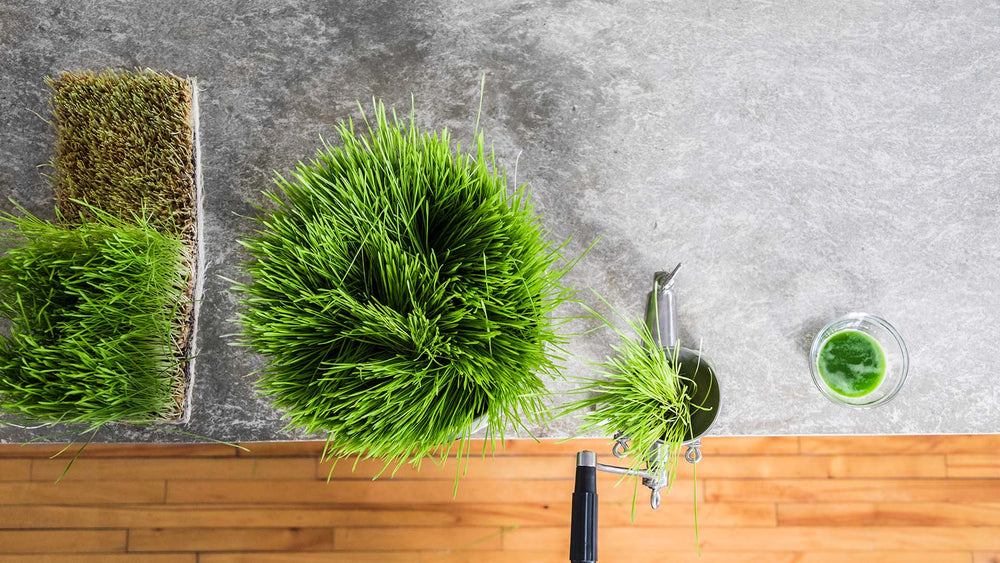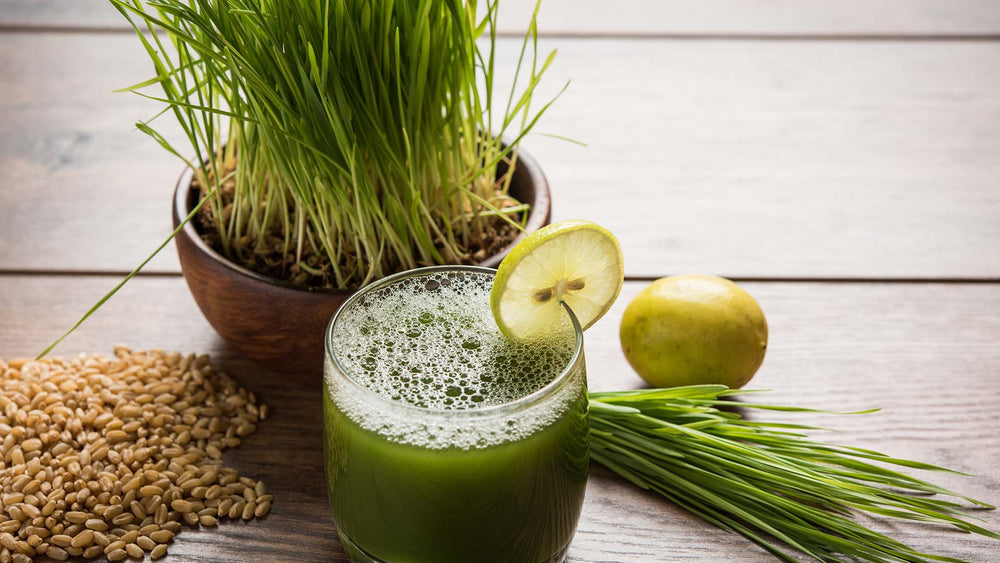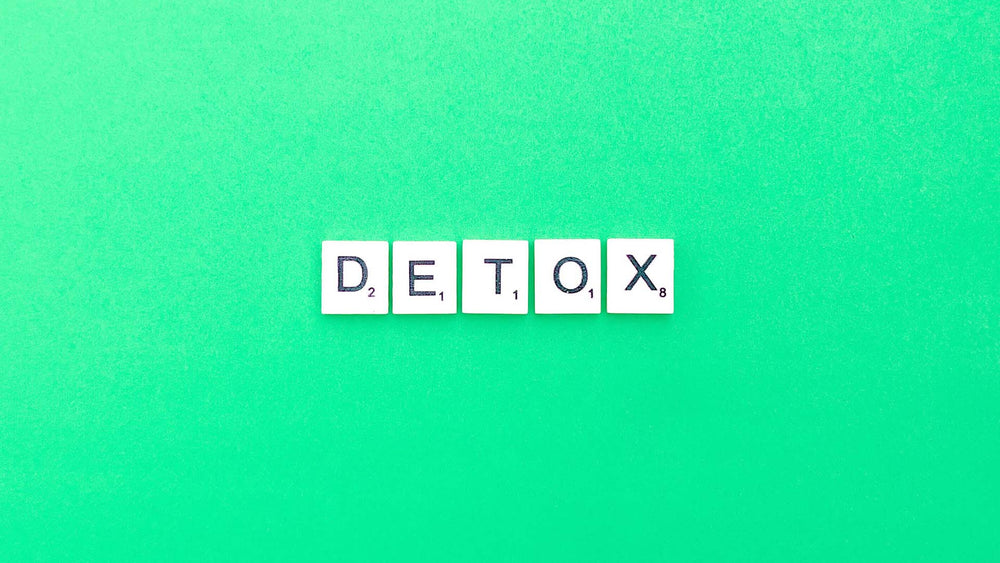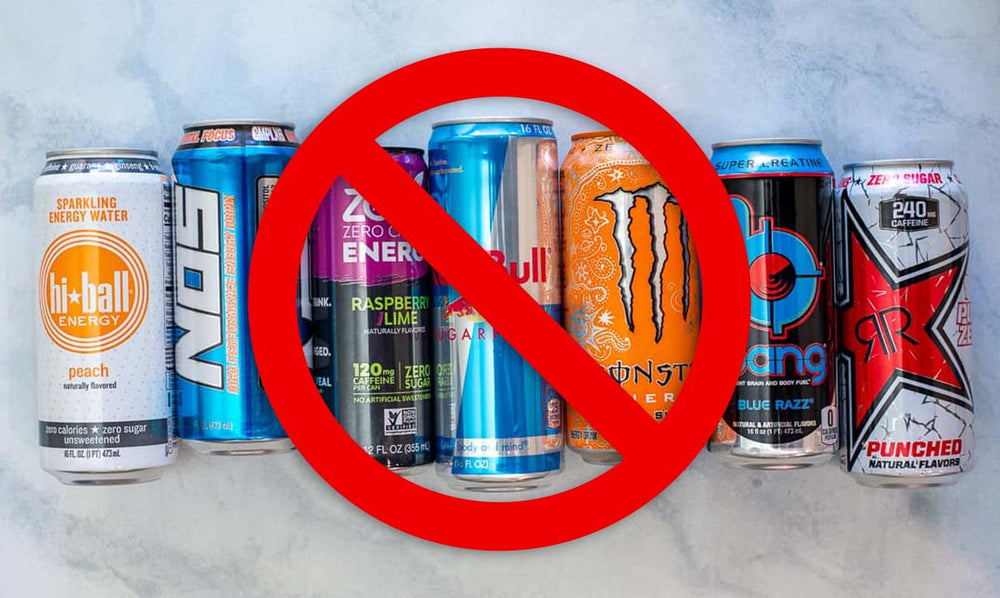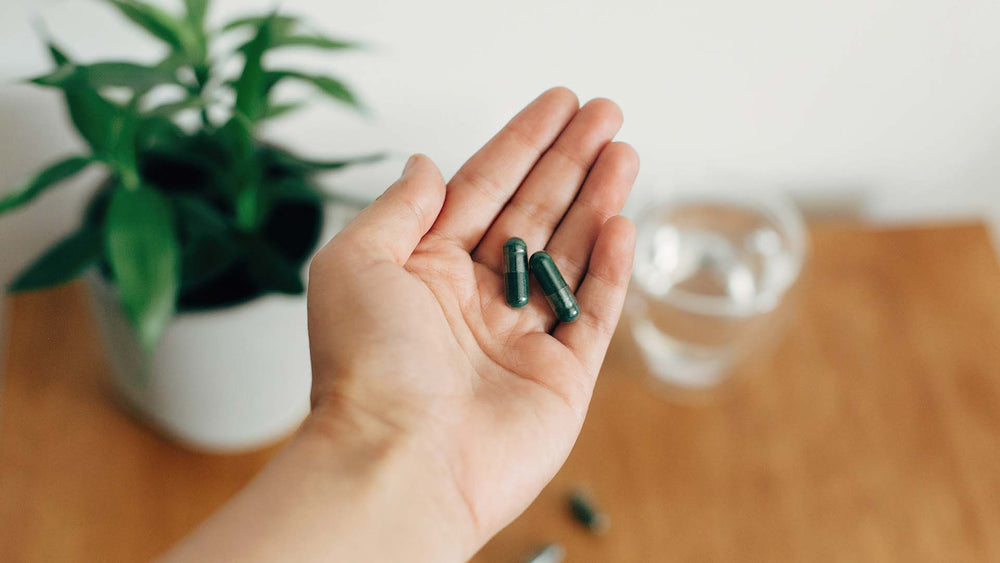Most of us don't spend a great deal of time thinking about our bowel movements... Or maybe we do and just don’t want to discuss it. It’s no surprise that most people aren’t aware of what constitutes a “normal” bowel movement on an everyday basis.
How many bowel movements are considered “normal” per day? Ideally, if your body is operating at peak efficiency you should have two to four bowel movements per day. You might be thinking, “I’m not even close to that."
Unfortunately, most Americans only have a bowel movement every one to two days! The “normal” lifestyle in America has become the primary reason colon cancer is the fastest growing type of cancer in the United States. This, along with a long list of other health issues, has been causing big problems for many people across the country.
What’s really going on? The problem is that most people are not getting enough fruits & veggies in their diets, while very few Americans get their daily intake of wheatgrass. Many also don’t drink enough water and become dehydrated. Most Americans are living a sedentary lifestyle due to a lack of exercise or because they work in a job that requires little to no movement throughout the day. All too often people search for something to make them "feel better" and are prescribed pills. These drugs are also a culprit in an unhealthy lifestyle because of the unneeded toxins being put into our bodies. Most prescription drugs have side effects that can mess with our diet and lead to constipation; another problem for our colon.
Constipation is a very common, yet preventable, problem. It is estimated to be the cause for approximately 2 million trips to the doctor each year. Constipation arises when stools are difficult or painful to pass and may be accompanied by bloating. Dehydration, lack of exercise, and low amounts of dietary fiber can all lead to the development of constipation. Drinking enough water each day and avoiding acidic foods can help prevent dehydration. 30-60 minutes of exercise a day (even brisk walking is better than no aerobic activity at all) is also highly recommended for better food digestion and better overall health. There should be enough fiber in your diet to insure that stools are soft and pass painlessly and easily.
Basically, most Americans are not following what they learned in grade school.
1. Eat your fruits and vegetables
2. Drink lots of water
3. Take recess (exercise every day!)
4. Don’t do drugs
Size and shape of bowel movements should be soft and easy to pass. In general, stool should be the within the same shades of cardboard, have form, a texture similar to peanut butter, and have a size and shape similar to a small torpedo. In many cases, a stool that varies a bit from this description is no cause for concern, especially if it is an isolated incident. If your stool suddenly changes it could be due to something you ate. Bottom line, it shouldn’t hurt to go to the bathroom.
Any sudden changes in bowel habits? Any change in bowel frequency, color, consistency, or shape of stools is something to be very aware of. These signs warrant special concern in people who are over the age of 50 years because they are at a greater risk of developing colon cancer.
Knowing what to look for and to be aware of can help you in the long run. Blood in the stool is never normal, and could be a result of several conditions that range to be mild to life threatening, such as hemorrhoids, which is curable but not something you shouldn’t try to prevent, and also serious problems, such as infection or colon cancer. Bloody stools could also be an indication of bleeding in the lower digestive tract and should always be evaluated by a physician as soon as you notice something wrong.
Black and tar-like stools accompanied by a foul odor can be caused by eating certain foods, taking iron supplements, or possibly from internal bleeding high up in the gastrointestinal tract.
Red or maroon stools could be from something from your diet such as eating red-colored foods like beets, red peppers, etc. Its also a possibility that this could be caused by hemorrhoids, anal fissures, colon polyps, colon cancer, diverticular bleeding, and inflammatory bowel disease.
Green stool may be caused by green or artificially colored foods,iron supplements, or decreased colonic transit time. In newborns, green stools are common in the first few days of life.
Pale or clay-colored stool might be the result of a lack of bile salt (which gives stool a its brownish color), antacids, hepatitis, or even barium from a recent barium enema test.
No matter what the color, or form, you should stay aware of what your bowel movements consist of. Any unusual continuous movement should be taken care of immediately before it turns into a bigger problem than it could be!
When we don't take care of ourselves, it should be construed as very selfish behavior. Not only does it affect yourself but everyone around you! Think about the person who has to deal with your illness, plus the time and energy needed to help you heal… not to mention the expense. By taking preventative measures today, we spare our loved ones from dealing with our avoidable health issues later on.
Get in touch with your body and look for changes. At WheatgrassLove, we realize change can be difficult. That's why we help our customers by complementing their lives, not complicating them.
All of Wheatgrass Love's products help promote healthy colon function,so remember- “A clean colon is a happy colon!”






